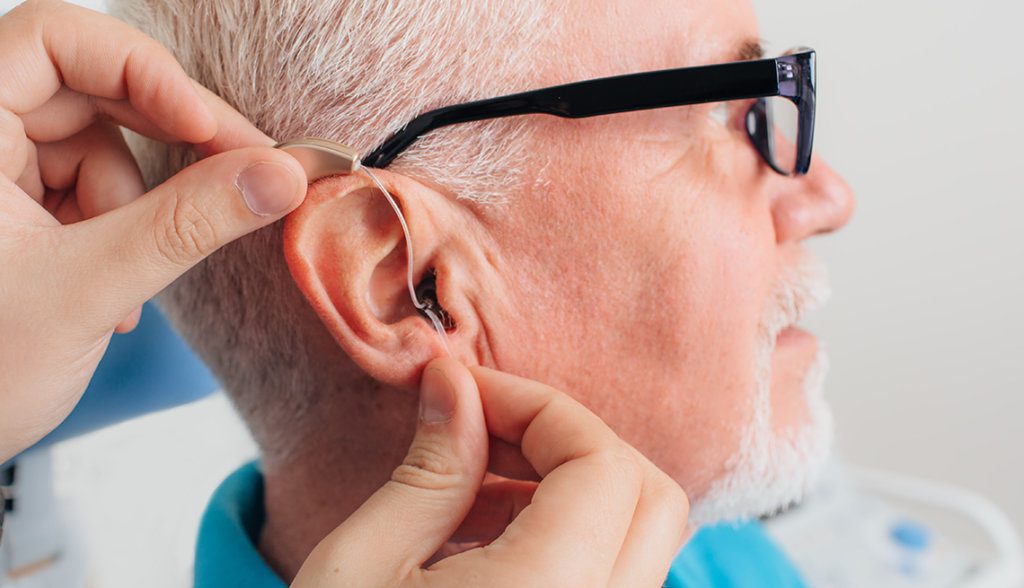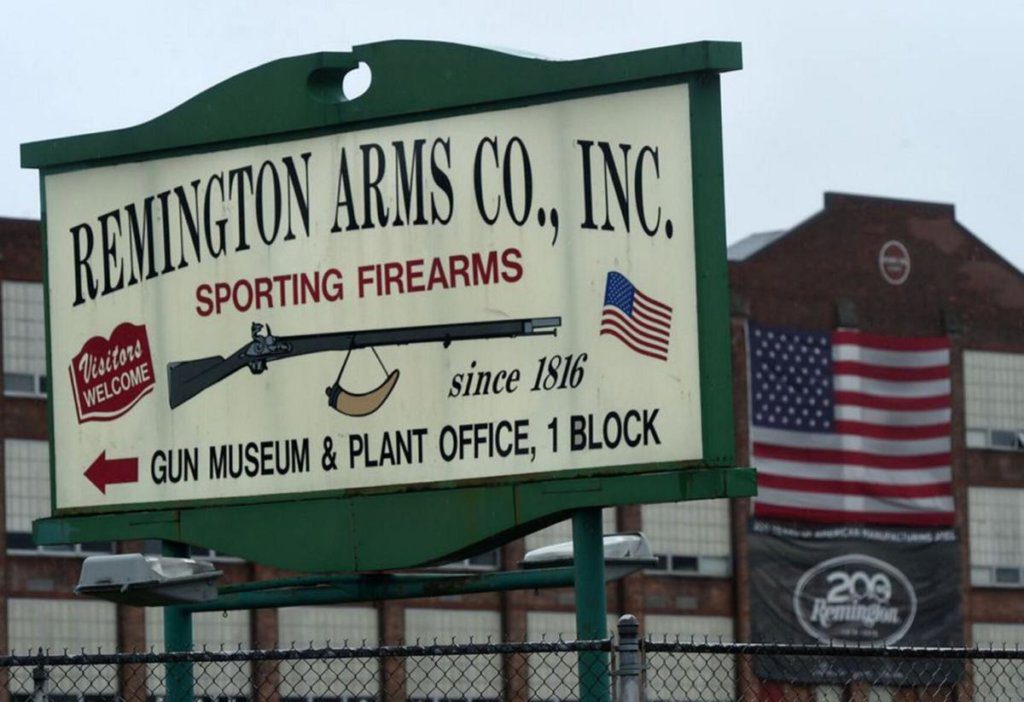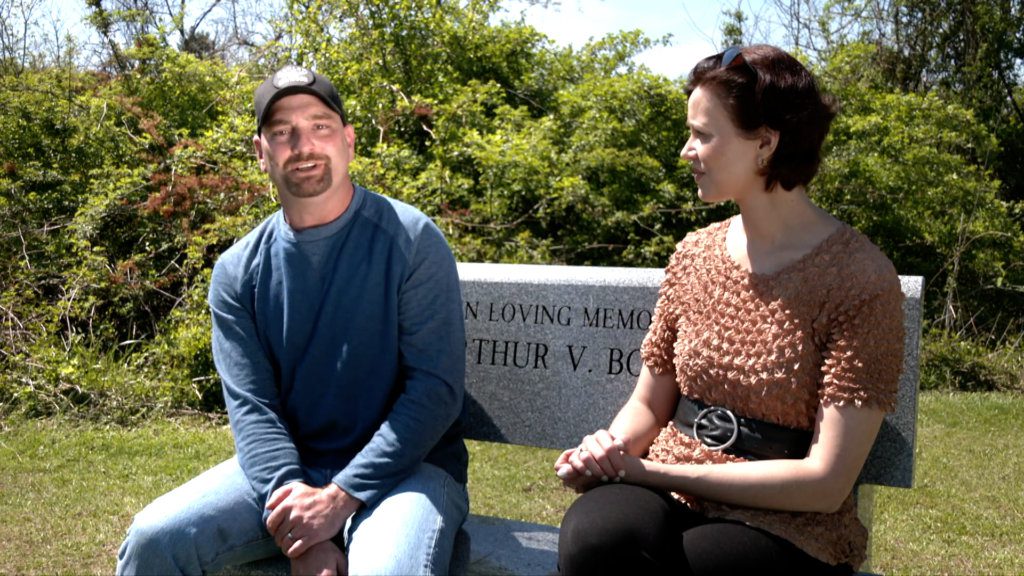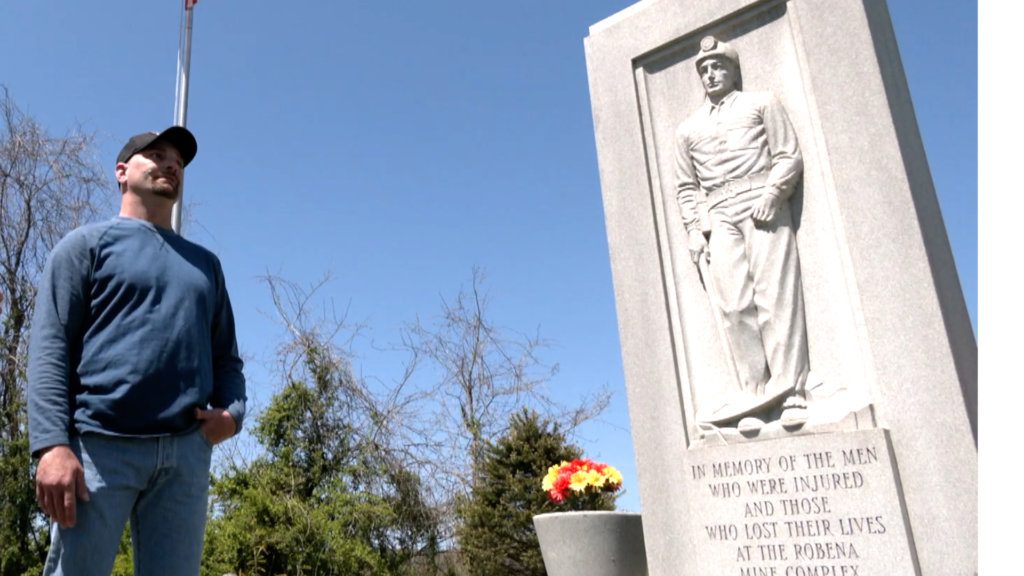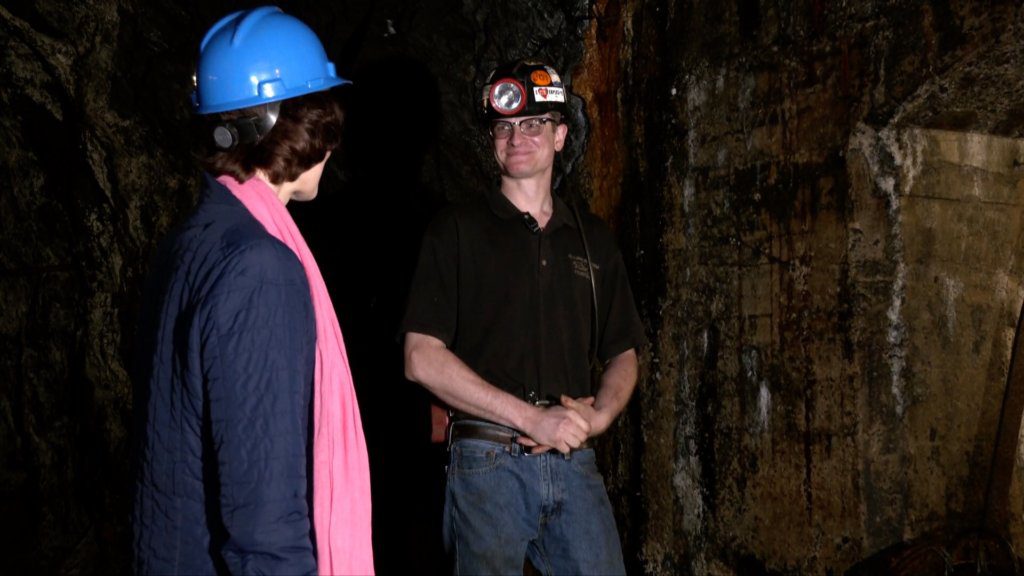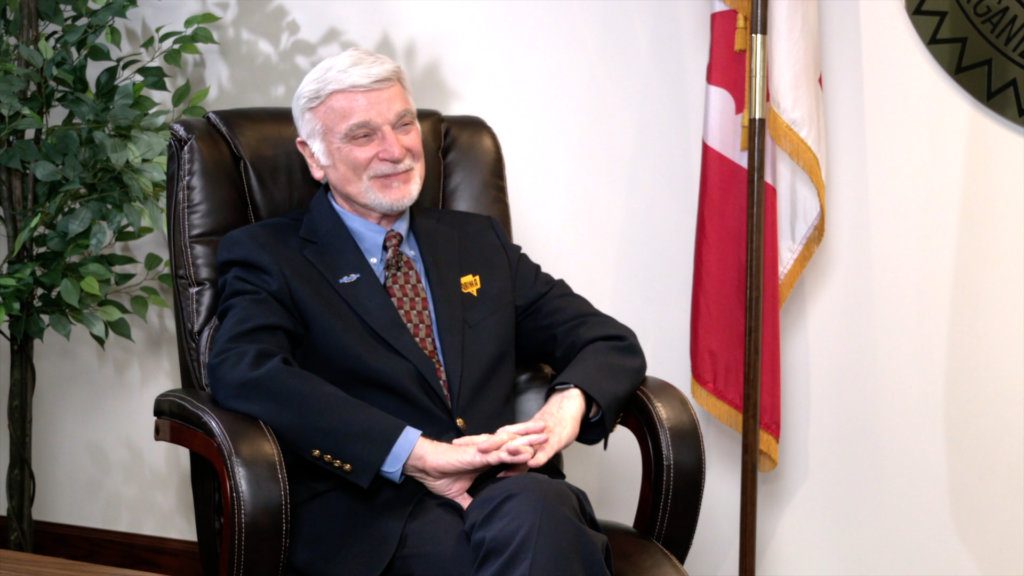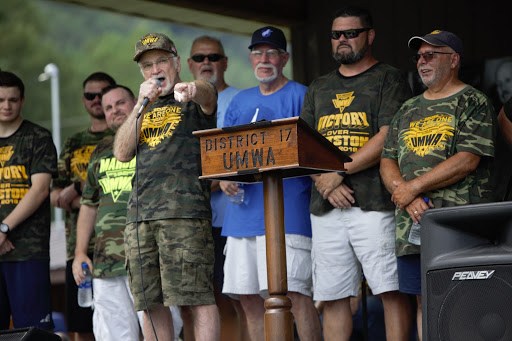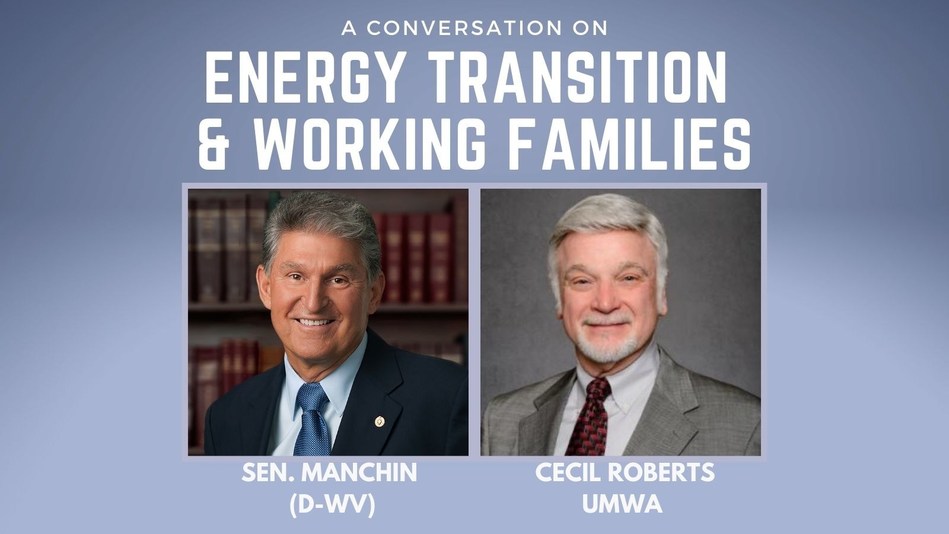Source: Charleston Gazette-Mail
April 25, 2021
“The pain hasn’t let up.”
The United Mine Workers of America summed up the plight of coal miners and their communities midway through a plan released last week for what the union called a “true energy transition,” acknowledging U.S. coal industry employment had dropped 52% from 2011 to December 2020.
“Change is coming,” the plan said, “whether we seek it or not.”
Predictably, supporters of an energy transition applauded the UMWA for its proposals.
“We’re thrilled that the United Mine Workers support the necessary transition from reliance on fossil fuels to renewable energy,” the Washington, Pennsylvania-based environmental nonprofit Center for Coalfield Justice said in a statement.
“We can’t move forward with a clean energy economy without coal miners and coal communities,” said Ted Boettner, senior researcher for the Ohio River Valley Institute, a climate-focused think tank. “The UMWA knows that better than anyone. Their plan to preserve coal country is a huge step forward to ensuring that no worker is left behind and that smart federal investments and policies can provide a solid foundation for working families and coal impacted areas.”
But the UMWA soon realized its top goal was being overlooked.
“There’s some misinformation floating around, particularly in the southern coalfields of West Virginia and some other places with respect to our position on coal miners’ jobs,” UMWA International President Cecil E. Roberts said in a video the union posted Thursday on YouTube. “Rule number one … was that current coal miners would keep their jobs and we would actually create additional jobs by bringing back the steel industry.”
In a National Press Club discussion Monday that also featured Sen. Joe Manchin, D-W.Va., Roberts suggested metallurgical coal mining could fuel renewed U.S. steel production in support of infrastructure upgrades across the country.
The UMWA, Roberts said, does not support the Green New Deal, a climate proposal championed by progressives aiming to create jobs by transforming the country’s infrastructure and energy systems while moving away from fossil fuels.
The plan adopts some of clean energy advocates’ positions, including expanding tax credits for a buildout of renewable supply chain manufacturing in coalfield areas, constructing facilities on former coal mine properties and fully funding reclamation needs for all anticipated abandoned mine lands.
Five Senate Republicans, including Shelley Moore Capito, R-W.Va., released their framework for an infrastructure bill dramatically scaled back from the Biden administration proposal. The GOP plan would stick to more traditional infrastructure targets such as roads and bridges, public transit systems, rail and airports and broadband, totaling $568 billion — a fraction of President Joe Biden’s $2.3 trillion plan.
Biden initiatives include vehicle electrification, cleaning up abandoned mines, plugging orphan oil and gas wells and upgrading child care facilities.
“What do people think of in our states when they think of infrastructure? Roads and bridges; public transit systems; rail — which could be cargo, passenger rail; water and wastewater … ports and inland waterways; airports; broadband … and lastly water storage and safety,” Capito said in introducing the Republican proposal Thursday.
Manchin opposes the Biden plan because it relies on a corporate tax hike from 21% to 28%, which Manchin has said is 3% too high.
“The bill as we have it right now is a pretty expanding, what we call omnibus bill, and we’re trying to get it in different quadrants that we can do it,” Manchin said during the National Press Club discussion.
Limits to common ground
Clean energy advocates looking for a clean sweep through the legislative process to an infrastructure package transformative enough to address the climate crisis are bound to be disappointed.
“To me, it’s politics that clouds the future,” former Wood County Commissioner Wayne Dunn said in response to the GOP’s substantially narrower infrastructure framework.
“I think the question is, infrastructure in service to what?” Morgantown Mayor Ron Dulaney Jr. said. “If the idea of an interstate system or highway system is the transportation of goods and of people, then at what point does looking at hydrogen fuel of bus systems or electrical vehicle fleets or mass transit in general, at what point does that not become part of the infrastructure?”
The UMWA energy transition initiative is limited in its embrace of renewable energy, not including any renewables-based provisions beyond tax incentives for renewable supply-chain manufacturing in coalfield areas.
The backbone of the plan is carbon capture and storage research, development and buildout, goals that West Virginia’s congressional delegation and the Biden administration both support.
Carbon capture infrastructure would transport carbon dioxide from sites of capture to locations where it can be either used in manufacturing or sequestered safely underground.
Capturing, removing and storing carbon is seen as critical in the struggle to slow climate change. Politicians representing constituencies such as West Virginia have embraced developing technologies to make those processes easier as a way to keep coal in the energy mix.
In September, the International Energy Agency said carbon capture, use and storage technologies alone contribute both to reducing emissions in key sectors directly and removing carbon dioxide from the atmosphere to balance the emissions that are hardest to prevent. That, the agency noted, is a critical part of reaching the net-zero emissions goals that a growing number of governments and businesses have set for themselves.
The UMWA proposal dismisses what it calls the “‘just transition’ wishful thinking so common in the environmental community.”
“There must be a set of specific, concrete actions that are fully-funded and long-term,” the plan insists.
Tripping on wires
The easiest and most efficient way to fund a true coalfield worker transition, the UMWA argues, is through a “wires” charge on retail electric power sales, paid by utility customers, which the union said would add less than $3 a month to an average residential electric bill.
The union says a wires charge would incentivize and expedite carbon capture and storage technology and provide needed resources to coal communities.
But Emmett Pepper, policy director for Energy Efficient West Virginia, thinks a wires charge for carbon capture and storage wouldn’t be a good use of taxpayer resources.
“I think that, generally, if the goal is to provide long-term funding for economic transition in coal-impacted communities, the plan seems pretty decent,” Pepper said. “Should [carbon capture and storage] be part of an economic transition plan? Maybe, but it should not be the main part of it.”
The biggest gap in the UMWA plan is business development, said Brandon Dennison, CEO of Coalfield Development, a Wayne County-based economic revitalization nonprofit group. The plan calls for a national training program for dislocated miners and their spouses.
Dennison argued for a more localized approach.
“More specifically, we have to be honest about the fact that the best job training in the world won’t matter if a community doesn’t offer very many good jobs to be trained for in the first place,” Dennison said. “So simultaneous to retraining coal workers, we need to be launching and expanding the new businesses that can employ these folks long term.”
Dennison said the federal government needs to “get in the billions” to make that happen in places like West Virginia’s southern coalfields, where the private market needs jump-started.
“Some of these new entities will work out well, some won’t. That’s the point of R and D [research and development],” Dennison said. “When a large corporation funds R and D or a university funds R and D, it’s assumed not every project will succeed.”
Framing the game
Perry Bryant of the West Virginia Climate Alliance said the group is “not that far away” from the UMWA regarding its coal job preservation plan.
“I’d like to have a discussion with them,” Bryant said. “There were some items in their proposal that we had questions about, but there was nothing that jumped out where we said, ‘Oh no, this is something we can’t do.’”
Even as the UMWA and clean energy advocates move toward a less uneasy embrace over transition, the nation’s energy landscape still will hinge on Congress.
With Democrats and Republicans still nearly $2 trillion apart in infrastructure package proposals, coal and clean energy advocates can’t help but recall the rocky roads on which Congress has left them stranded.
“The communities that have been hit hard by the drop in coal production and employment have received little help from Washington, even though policies developed in the Nation’s Capital are to a large degree responsible for coal’s depression,” the UMWA said in its plan.
“It’s the game that’s played, and they feel obligated at a certain point to play the game as they’re playing it,” Dunn said. “That’s why we have to overcome it.”
Written by: Mike Tony
Reach Mike Tony at mtony@hdmediallc.com, 304-348-1236 or follow @Mike__Tony on Twitter.


